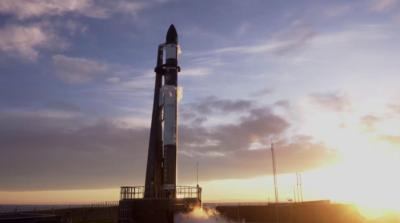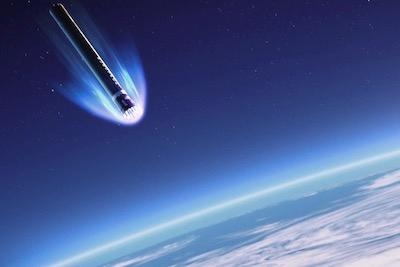Sat, Oct 23, 2021
Advertisement
More News
 Airborne 05.20.24: Van's BK Exit, Bud Anderson, Air Race Classic
Airborne 05.20.24: Van's BK Exit, Bud Anderson, Air Race Classic
Also: ALPA Warns, Aviation Meteorology Reference, Jennifer Homendy Re-Ups, CAF Tampa Bay The court has approved Van's Aircraft's bankruptcy reorganization plans, settling a stressf>[...]
 Airborne 05.20.24: Van's BK Exit, Bud Anderson, Air Race Classic
Airborne 05.20.24: Van's BK Exit, Bud Anderson, Air Race Classic
Also: ALPA Warns, Aviation Meteorology Reference, Jennifer Homendy Re-Ups, CAF Tampa Bay The court has approved Van's Aircraft's bankruptcy reorganization plans, settling a stressf>[...]
 ANN's Daily Aero-Term (05.18.24): Flameout Pattern
ANN's Daily Aero-Term (05.18.24): Flameout Pattern
Flameout Pattern An approach normally conducted by a single-engine military aircraft experiencing loss or anticipating loss of engine power or control. The standard overhead approa>[...]
 ANN's Daily Aero-Linx (05.18.24)
ANN's Daily Aero-Linx (05.18.24)
Aero Linx: VC-25 - Air Force One The mission of the VC-25 aircraft — Air Force One — is to provide air transport for the president of the United States. The presidentia>[...]
 ANN FAQ: How Do I Become A News Spy?
ANN FAQ: How Do I Become A News Spy?
We're Everywhere... Thanks To You! Even with the vast resources and incredibly far-reaching scope of the Aero-News Network, every now and then a story that should be reported on sl>[...]
blog comments powered by Disqus





